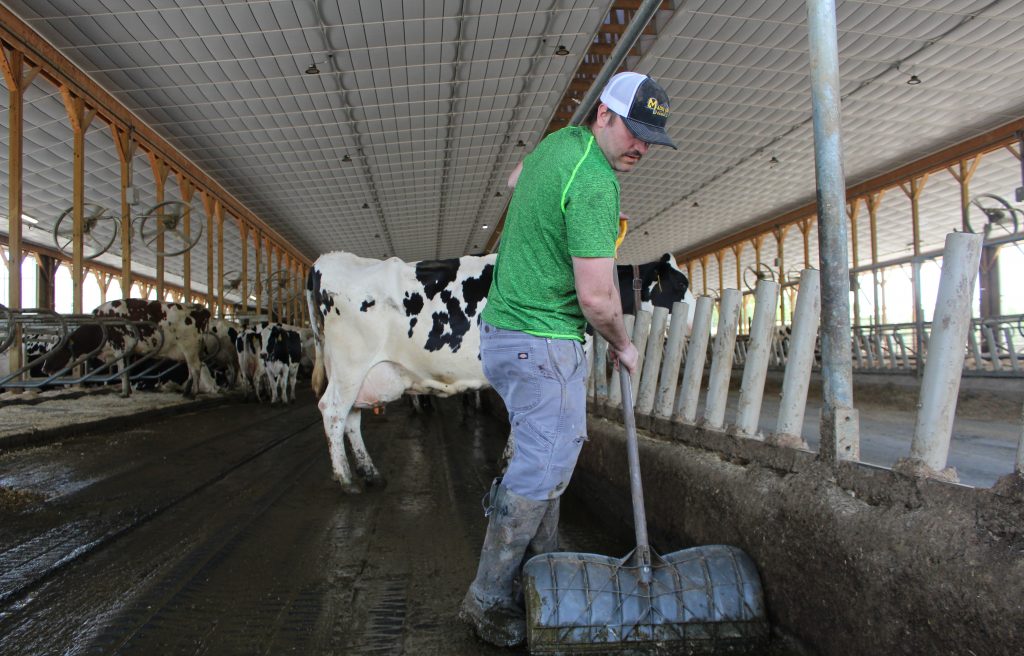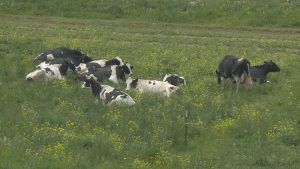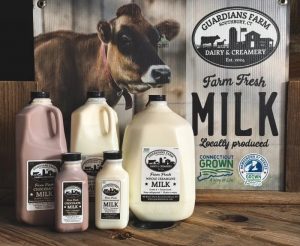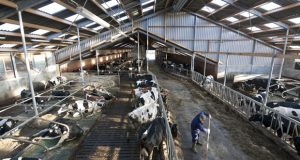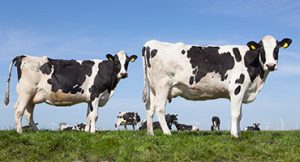
Since the state legislative session is scheduled to end June 12, we’re not sure legislation that would prohibit the state DEC from authorizing any permits to large farms should concern farmers this year.
That’s likely a temporary reprieve for farmers who have plans to house more than 700 cows, which would require a Large Concentrated Animal Feeding Operation permit from the state. Legislation (A.6928/S.6530) introduced earlier this session by Assemblywoman Linda Rosenthal, R-New York City, and Sen. Jabari Brisport, D-Brooklyn, could hurt dairy farms that are relying more and more on higher numbers of cows to increase profitability at a time when the costs to run farms remain at all-time highs.
The bill is, in our view, one that should join the stockpile of legislation that is introduced and never goes any further. Such limits could make it more difficult for the type of large-scale dairy plants that New York has tried to entice to build in the state – Chobani and Great Lakes Cheese among them – to meet their needs with New York-produced milk. According to the New York Farm Bureau, dairy is the single largest sector of New York’s agricultural economy, contributing $3.9 billion every year. New York is the fifth-largest dairy producing state in the nation.
Putting additional clamps on that industry is bad policy in our opinion. But that doesn’t mean Brisport and Rosenthal have unrealistic concerns. We know from the Chautauqua Lake watershed that agricultural runoff makes its way into streams and, eventually, Chautauqua Lake. A lot of money is spent each year to help farms better prevent runoff that can help lead to harmful algal blooms and stream pollution, and those programs need to continue. Big farms aren’t the problem here, though. Lack of investment in runoff prevention is the real culprit – and that’s something that is in the hands of legislative Democrats and Gov. Kathy Hochul each year.
Banning large scale CAFOs won’t bring back small family farms that Rosenthal and Brisport say they want to protect. Their time has come and gone thanks to policies passed by New York state – including Rosenthal and Brisport. Higher minimum wages, farmworkers overtime and limits on the types of fertilizers that can be used as well as a host of increased regulations are all reasons why small farms have a hard time surviving these days. If Rosenthal and Brisport want to ban large scale CAFOS, then the state would need to roll back some of the cost-inflating regulations that have accumulated over the years so that small farms have a fighting chance. But if the lawmakers aren’t willing to take that step, then they should leave large scale CAFOs alone – or we’ll be pouring almond milk on our cereal in the morning.
You can now read the most important #news on #eDairyNews #Whatsapp channels!!!
🇺🇸 eDairy News INGLÊS: https://whatsapp.com/channel/0029VaKsjzGDTkJyIN6hcP1K
